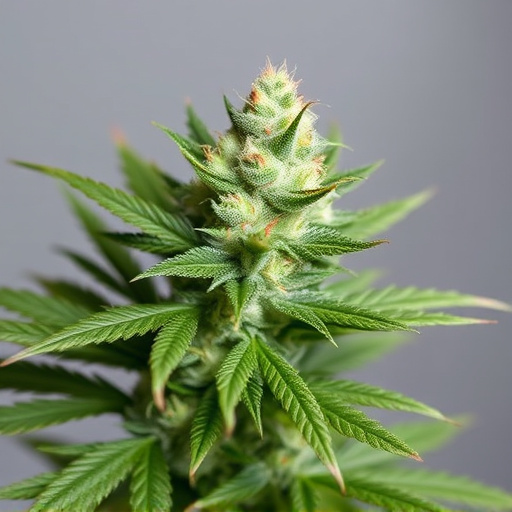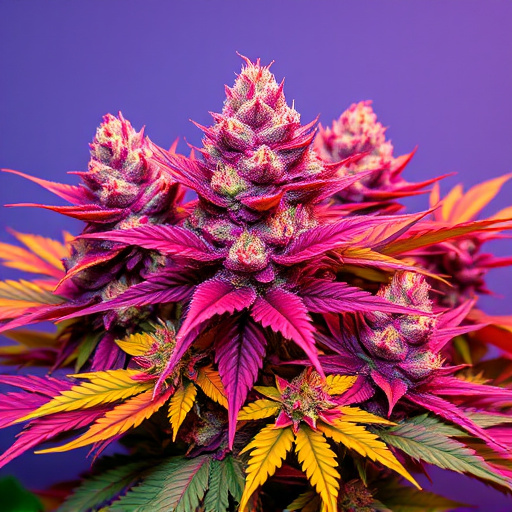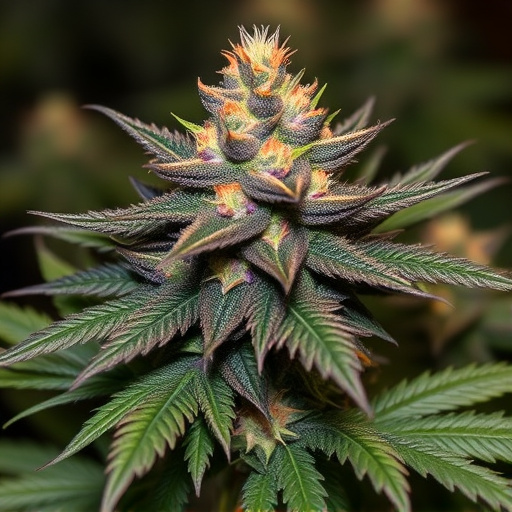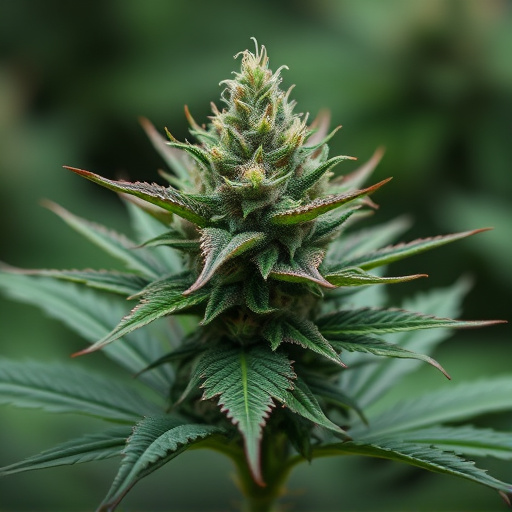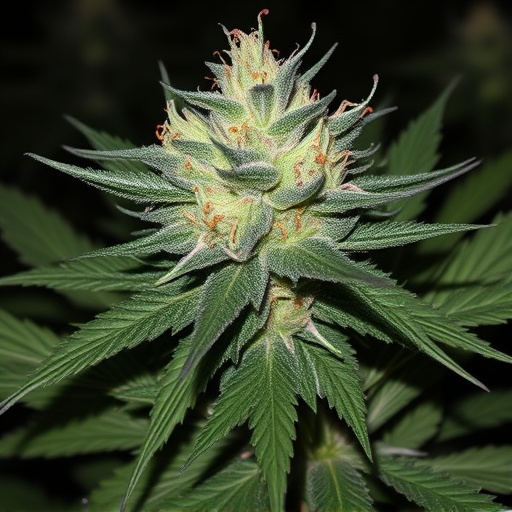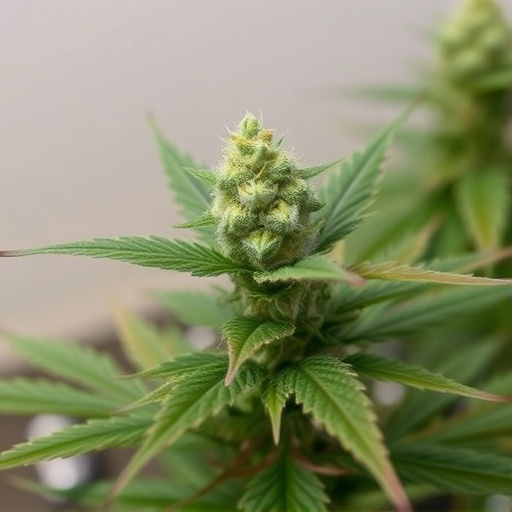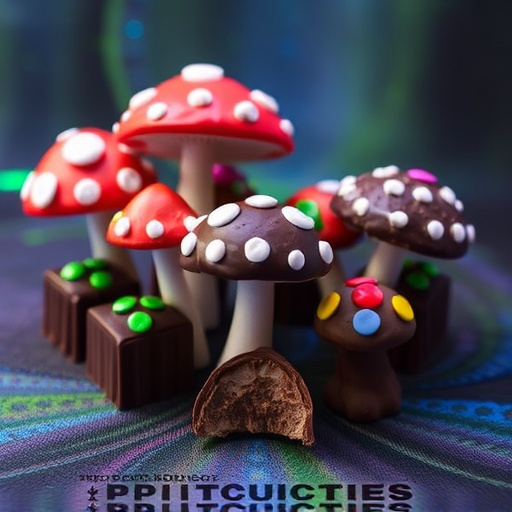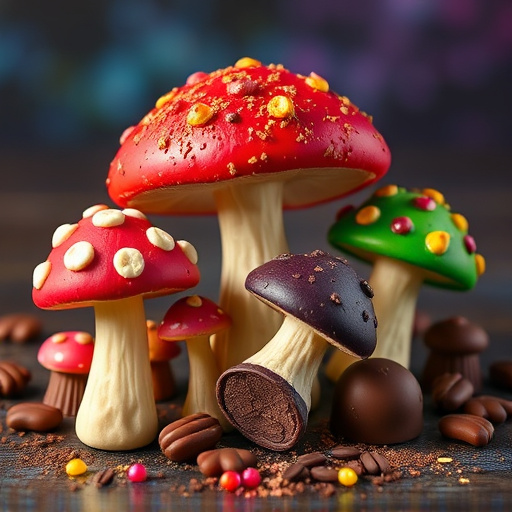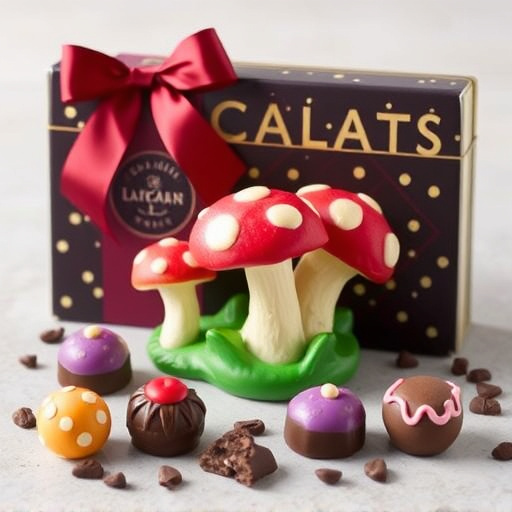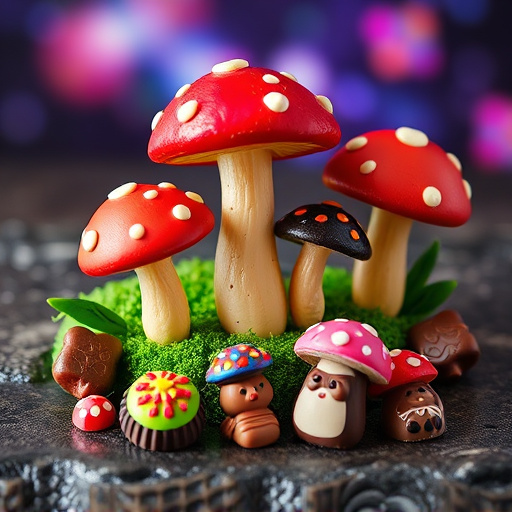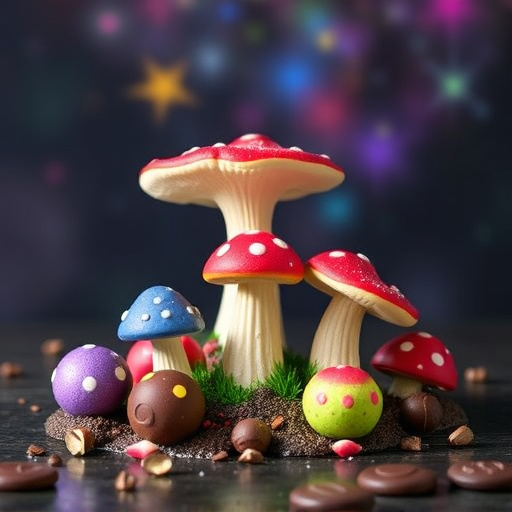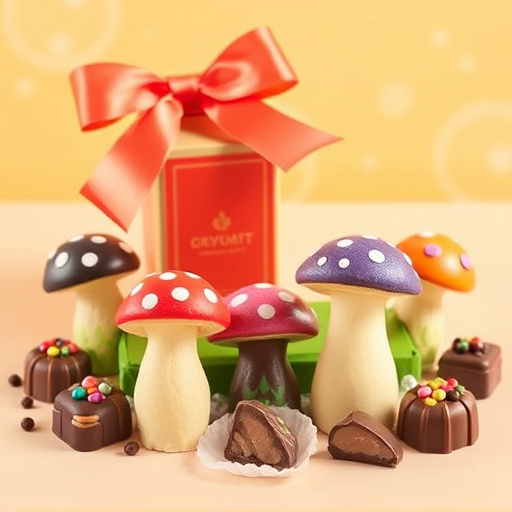The legal status of magic mushroom chocolates varies drastically worldwide, with some regions legalizing them under strict regulations while many others maintain illegality due to psilocybin's controlled substance classification. Businesses and consumers must navigate this complex, evolving landscape, as demonstrated by varying federal and state laws in the U.S. Understanding local laws is crucial for operating and accessing the market for psilocybin-containing treats, emphasizing the diverse legal status of magic mushroom chocolates globally.
“Unraveling the legal landscape of magic mushroom chocolates, this article explores the evolving regulations surrounding psilocybin-infused treats globally. From the diverse legal status in various jurisdictions to the emerging market for discounts and coupons, we guide you through the world of psychedelic confections. Learn about online retailers, seasonal offers, local dispensaries, and expert tips on maximizing savings while navigating the unique challenges of this niche market, especially considering the evolving legal framework.”
- The Legal Landscape of Magic Mushroom Chocolates
- – Overview of the legal status of psilocybin-containing chocolates in various jurisdictions
- – Key differences in regulations between countries and states
The Legal Landscape of Magic Mushroom Chocolates
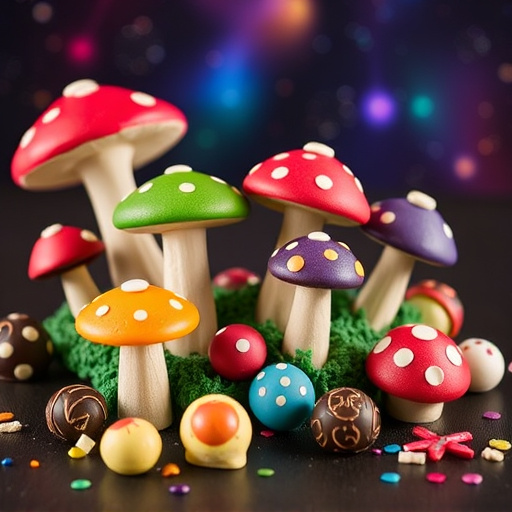
The legal landscape surrounding Magic Mushroom chocolates is a complex and ever-evolving area, with varying regulations across different jurisdictions. In many places, the growing acceptance of cannabis and its derivatives has led to a surge in interest in edible forms, including chocolate. However, the legal status of magic mushroom chocolates is not uniform.
In some countries and states, these treats are fully legalized, allowing for their production, sale, and consumption under specific conditions. This often involves strict regulations on labeling, ingredient quality, and dosage to ensure consumer safety. On the other hand, in many areas, magic mushroom chocolates remain largely unregulated or are classified as illegal substances due to the presence of psilocybin mushrooms, a controlled substance. As such, understanding the local laws is essential for both consumers and businesses operating within this niche market.
– Overview of the legal status of psilocybin-containing chocolates in various jurisdictions

The legal status of psilocybin-containing chocolates varies significantly across different jurisdictions worldwide. In many countries, including several in Europe and South America, there has been a growing trend towards decriminalization and even legalization of psilocybin for medical and therapeutic purposes. This shift is reflected in the changing regulations around magic mushroom chocolates, which are increasingly being recognized as legitimate health and wellness products. However, other regions remain stringent in their restrictions, classifying psilocybin as a controlled substance with severe penalties for possession and distribution.
In the United States, for instance, the federal government still considers psilocybin a Schedule I drug, indicating its high potential for abuse and no accepted medical use. Yet, several states have taken matters into their own hands, passing laws to legalize or decriminalize magic mushrooms for limited medicinal uses. This patchwork of regulations presents challenges for businesses aiming to offer psilocybin-infused chocolates, requiring them to navigate complex legal landscapes to ensure compliance in each market they serve.
– Key differences in regulations between countries and states

The legal status of magic mushroom chocolates varies greatly across countries and states, creating a complex landscape for consumers and businesses alike. While some regions have decriminalized or legalized psilocybin mushrooms for medicinal or recreational use, including certain forms like chocolate, others maintain strict prohibitions. This disparity is driven by differing cultural attitudes, scientific research findings, and political decisions.
For instance, several US states like Colorado, Oregon, and Washington have enacted laws allowing the sale of low-dose psilocybin chocolates for therapeutic purposes, often under strict medical supervision. Conversely, many other countries remain firmly in the camp of total prohibition, viewing psychedelic substances with skepticism or concern. Understanding these nuances is crucial for anyone interested in purchasing or distributing magic mushroom chocolates, as it directly impacts business operations and consumer access.
The legal landscape of magic mushroom chocolates is a complex web, with varying regulations across different regions. Understanding the current Legal Status of Magic Mushroom Chocolates is essential for both consumers and businesses navigating this emerging market. As attitudes towards psilocybin continue to evolve, so too will legislation, creating a dynamic environment for those interested in exploring this alternative realm. Staying informed about local laws and utilizing discounts and coupons responsibly can ensure a safe and compliant experience for all.
